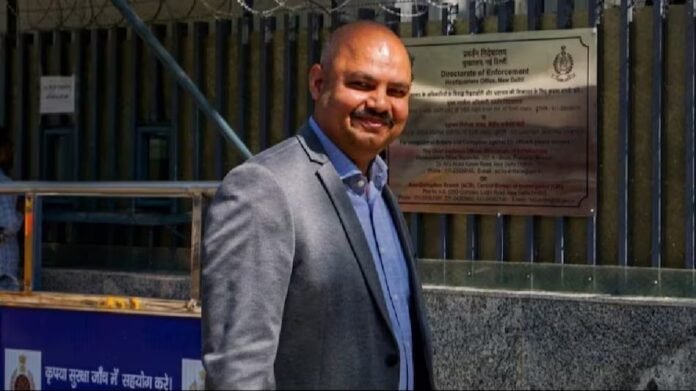The Supreme Court granted bail to Bibhav Kumar, a close aide of Delhi Chief Minister Arvind Kejriwal, on Monday (August 2). Bibhav Kumar was arrested on May 18 from Kejriwal’s residence after a complaint was filed by Rajya Sabha MP Swati Maliwal. He was accused of being involved in an alleged attack on Swati Maliwal.
The bench of Justices Surya Kant and Ujjal Bhuyan heard Bibhav Kumar’s bail plea, where he challenged his arrest. While granting bail, the court also imposed several conditions.
See here also : who-will-get-a-ticket-in-haryana-bjp-inside-talks-on-candidates
What Conditions Did the Supreme Court Set for Bibhav Kumar’s Bail?
The Supreme Court ruled that Bibhav Kumar cannot resume his position as the Chief Minister’s personal secretary or enter the Chief Minister’s residence until all key witnesses in the case have been examined. The court also barred him from speaking about the case until the investigation of vulnerable witnesses is completed. Additionally, the trial court was instructed to complete this process within three weeks, and Bibhav Kumar was prohibited from taking any official position during this period.
Supreme Court’s Observation on Injuries
During the hearing, Justice Bhuyan noted that Bibhav Kumar has been in judicial custody for 100 days and that the chargesheet has already been filed. He remarked, “Injuries (to Maliwal) are a normal thing. This is a bail matter. You should not oppose it. You can’t keep someone in jail for such a case.”
Additional Solicitor General SV Raju, representing the Delhi Police, argued, “There are some important witnesses who are under his (Bibhav’s) influence. Let them be questioned first. After that, I won’t oppose the bail.” However, Justice Bhuyan responded by saying, “We cannot deny bail to someone based on such unfounded concerns.”

